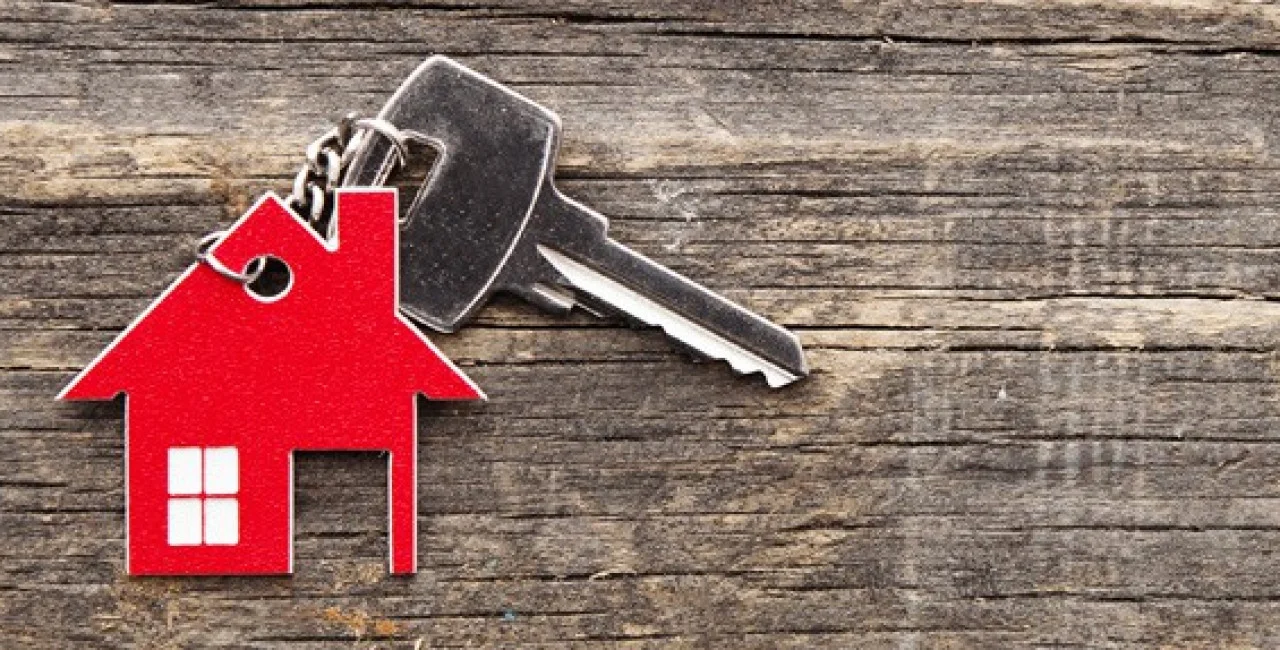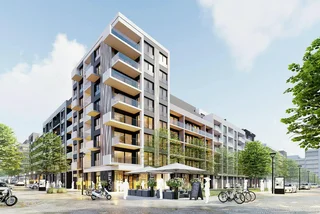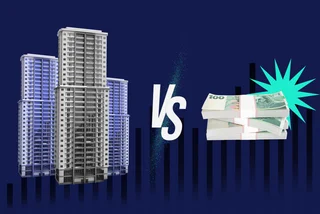Written by John Breaux,
Marathon Consulting Group
If you’re considering a mortgage, definitely check Mortgages.cz where you can get the very best rates in the Czech Republic for mortgages.
There is plenty of global talk and perhaps more speculation these days about housing bubbles with that discussion now reaching the Czech Republic.
People from all walks of life are predicting gloom and doom in various housing markets throughout the world as a result of some perceived pricing bubble. Others, even within the housing industry pose theories as to how and why bubbles form and how to avoid them. But the reality is this: A “bubble” in a market generally means the price of an asset has grown so much that it has outstripped the asset’s fundamental value, usually on speculation that prices will continue to increase driving prices higher until they reach an unsustainable level and eventually collapse. But note that bubbles typically do not pop like a balloon; they don’t even crash like stock markets. Rather, the air in housing bubbles tends to just leak out slowly—sometimes painfully slowly—while in commercial real estate markets there is a more noticeable hiss. And traditionally the market adjustment to a collapse in real estate has come from the quantity side, not the price side—fewer houses are sold—while price reductions tend to come gradually. This doesn’t mean that housing bubbles can’t exist or that the bust is any less painful, only that it doesn’t make as much noise.
Now, with respect to the housing market in Prague, let´s be clear; there is no bubble and here‘s why:
Home prices remain relatively affordable. Even though home prices have grown, the affordability of housing — the link between incomes and home costs — remains in check, thanks in part to historically low mortgage rates and the fact that for several years, mid-manager/manager incomes grew slightly faster than home prices and people saved! Home prices remain within the reach of many with a little savings and the ambition to be a home owner.
Housing inventories remain reasonably low. One key sign of a housing “bubble” would be a growing stock of unsold homes on the market as speculative production outpaced demand and affordability. This has not yet occurred in this market nor do we anticipate it in the near to mid term. Demand for homes continues in large part because of strong demand fueled in some ways by growth in new household formations, the steady growth in disposable income and the strongest engine, the new mortgage products being offered by area lenders. Meanwhile, the supply of homes is held in check by land use, available developable land, and homebuilder inventory controls (the phasing of building construction and the sales of new units). These supply-demand factors — not price speculation — have helped to push home prices up.
Housing bubbles are hard to create. The housing market here has not experienced the “boom-bust” cycle in prices which have been seen in mature housing markets such as the United States or as many have experienced in the securities and commodities markets. Indeed, home prices have not really declined as some might suggest. While home prices in a few areas of the city have been a little more bouyant on occasion, that is due mostly to some other volatility in that particular locale but not necessarily because of a price „bubble“. As the US Federal Reserve Chairman Alan Greenspan recently noted, it is difficult to generate bubble conditions in housing. “Certainly the analogy to stock market bubbles is inappropriate,” he said, noting that transaction costs and the process alone generally prevents the type of speculative housing demand that leads to bubbles.
There continues to be unprecedented interest in the residential real estate markets of central and eastern Europe but particularly in Prague. But not only amongst local buyers.
Prague is seen as far more western then its Polish or Hungarian counterparts and the level of English spoken throughout the city helps British and Irish investors feel more comfortable about where their investments are located. It also helps that there are so many relatively inexpensive flights to and from the City to say nothing of the stunning architecture and the pure fascination people have always had with Prague.
Since May 1st investor interest has steadily increased while prices have remained relatively stable. This flies in the face of the many predictions a year ago that EU entry would bring about a price spike. Note: the author never agreed with that theory but rather said that prices would continue unphased along its current growth curve. Today, values of quality properties continue appreciating at about 6-8% per year and it is anticipated that this growth will follow that trend for some time to come.
Rental yields have slowly leveled off due in large part to increased investor activities. There is a larger stock of quality rental housing leaving new expats moving to Prague with more to choose from and more to say about where and how they will live. Yields in today´s rental market average 5 to 7%; still averaging a few points above western equivient investment returns.
Is now a good time to buy? Absolutely. Property values will continue to appreciate, mortgage rates will eventually go up, expats and diplomats will always be here and Prague will continue to develop, as it is, as a premier capital city.
For more information, please feel free to contact Marathon Consulting Group. We have recently completed a Market Overview and would be happy to forward a copy to you. We can be reached at info@marathon-group.cz or through our website www.marathon-group.cz.
If you’re considering a mortgage, definitely check Mortgages.cz where you can get the very best rates in the Czech Republic for mortgages.












 Reading time: 4 minutes
Reading time: 4 minutes 


 English
(Advanced)
English
(Advanced)














